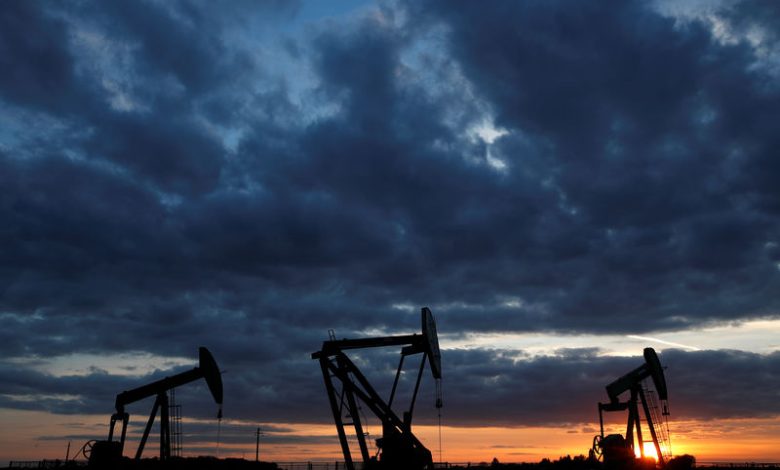
Oil Declines as Traders Assess Tight Gasoline Markets and Weak Growth, According to Bloomberg
Oil Prices Dip Amid Global Growth Concerns
Oil prices experienced a downturn at the beginning of this week’s trading as investors evaluated the tight markets for products against the backdrop of slowing global growth.
West Texas Intermediate fell below $110 a barrel during early Asian trading after posting four consecutive weekly gains—the longest streak since February. The prices of gasoline and diesel have surged to record levels just ahead of the upcoming US summer driving season, which kicks off next week.
Over the weekend, Saudi Arabia indicated its intention to continue supporting Russia’s position within the OPEC+ group of producers. This development complicates US-led efforts to isolate Moscow following its invasion of Ukraine. Saudi Arabia’s Energy Minister, Prince Abdulaziz bin Salman, expressed a desire to reach an agreement with OPEC+ that includes Russia.
This year, oil prices have surged due to increasing demand and the complex ramifications of Russia’s actions. The rise in energy costs has exacerbated inflation, leading central banks to hike interest rates and raising investor fears about slower economic growth. Additionally, China has implemented strict lockdowns aimed at controlling Covid-19 outbreaks, which have negatively impacted the country’s economy.
According to an outlook from Bloomberg Intelligence, oil prices might hit a ceiling of around $110 a barrel due to waning demand from China, as its economic growth is hampered by ongoing efforts to manage Covid-19 outbreaks. Bloomberg Economics revised its full-year growth forecast for China down to 2% from 5.7%.
Despite fluctuating prices, the Organization of Petroleum Exporting Countries and its allies, including Russia, have been gradually restoring production levels that were reduced during the pandemic. So far, the alliance has rebuffed US requests to ramp up production at a faster rate.
Oil markets are currently characterized by backwardation, a bullish trend where near-term prices exceed those of longer-term contracts. The prompt spread for Brent crude—a measure of its two nearest contracts—has increased to $2.54 a barrel from $2.13 a week prior.
 GOOGL
GOOGL  META
META 


